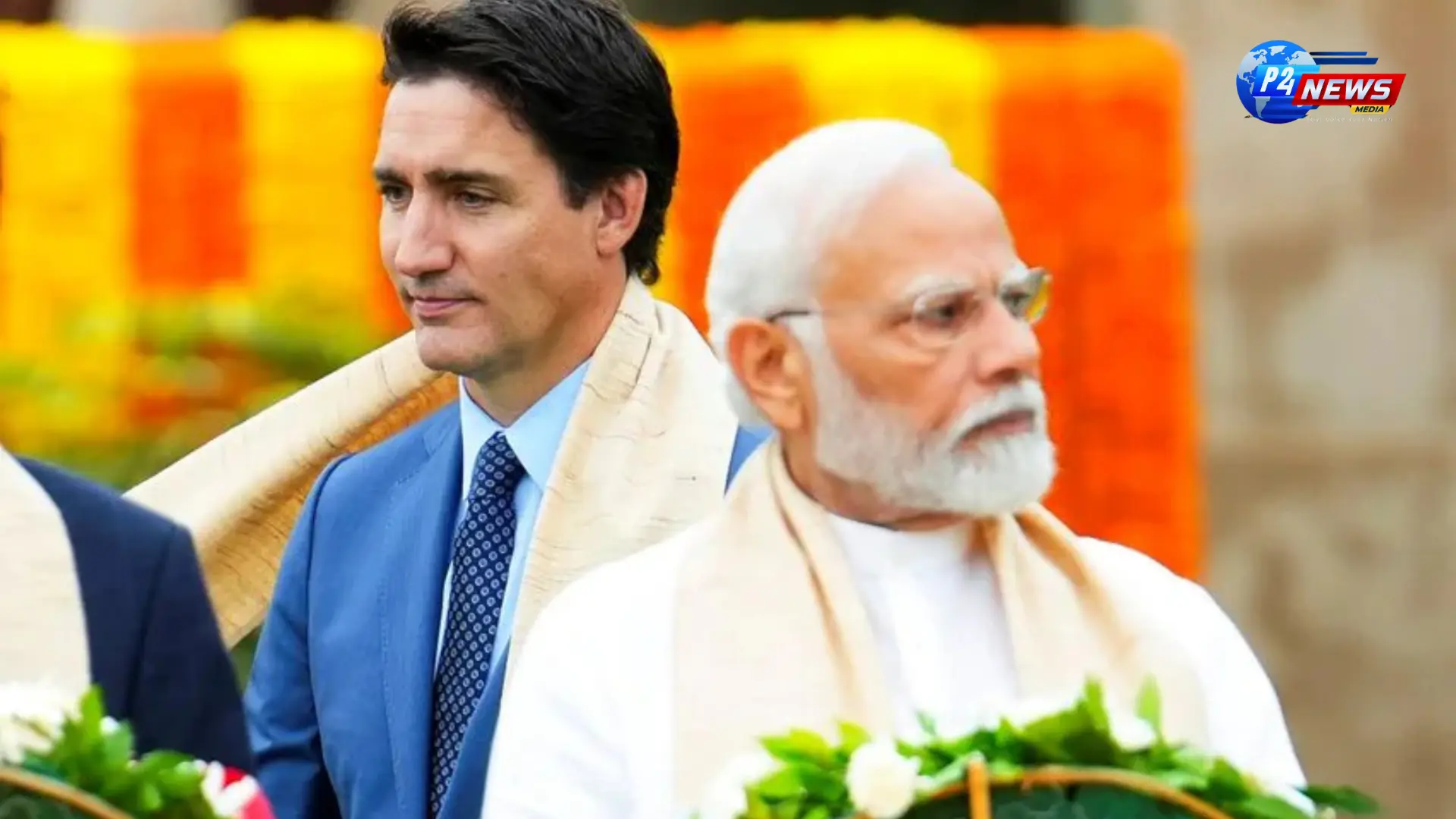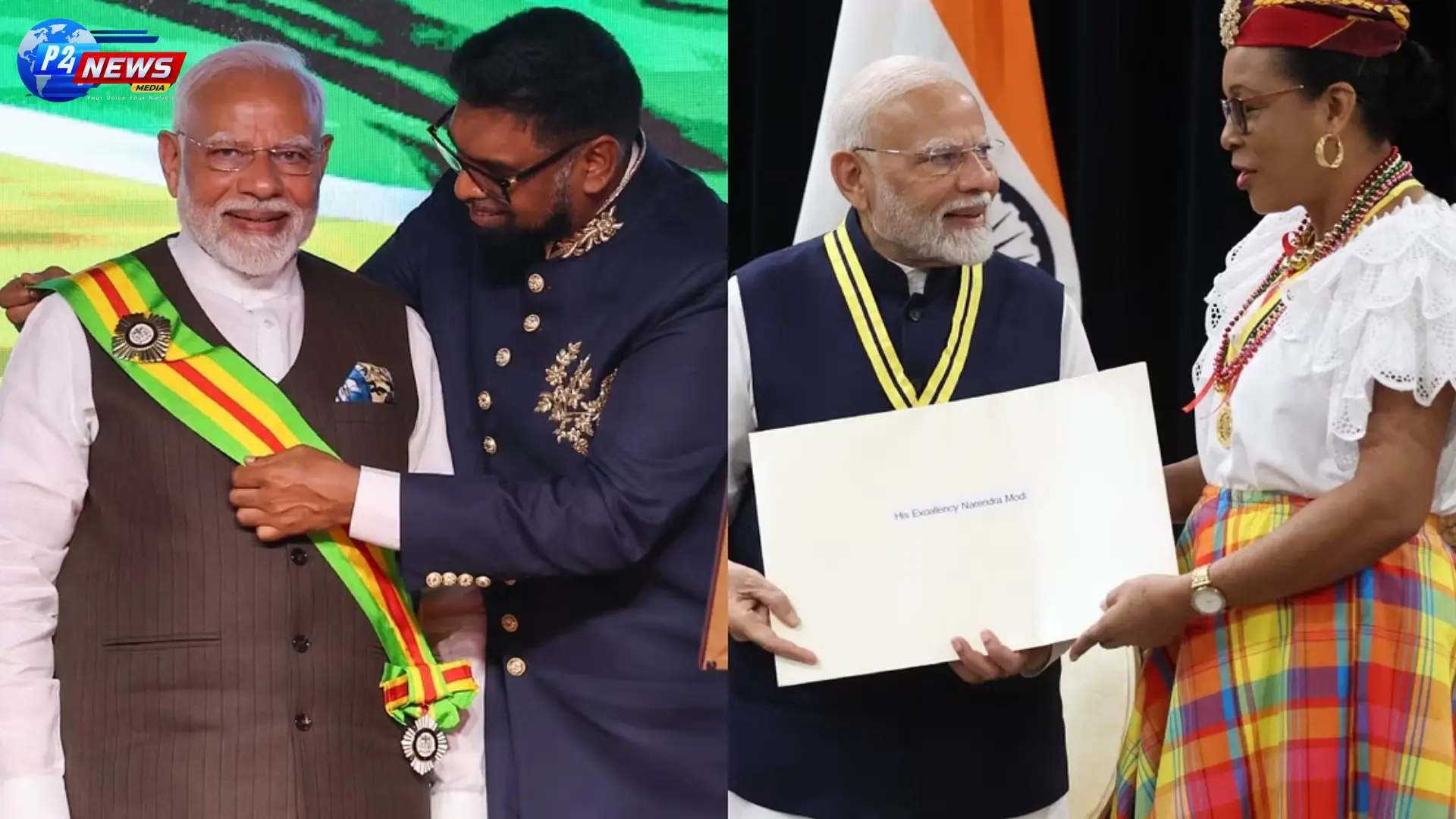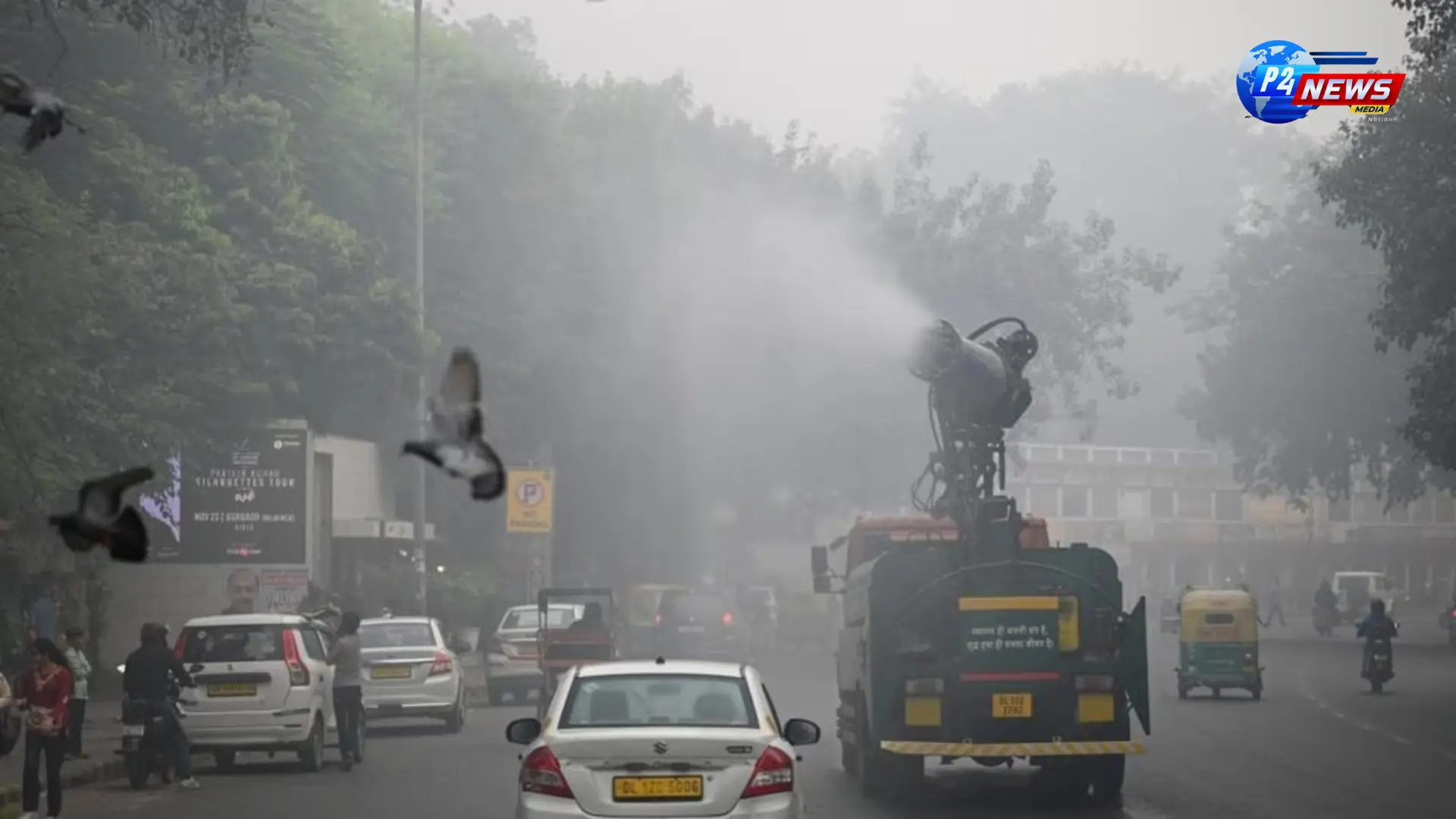The External Affairs Ministry of India has categorically dismissed a Canadian media report suggesting that Prime Minister Modi and External Affairs Minister S. Jaishankar were aware of a plot to kill Hardeep Singh Nijjar, labeling it a baseless smear campaign that undermines India-Canada relations.
The relationship between India and Canada has witnessed a significant downturn, particularly following recent allegations made by Canadian officials regarding the assassination of Sikh separatist leader Hardeep Singh Nijjar. The Canadian media outlet, The Globe and Mail, has reported, citing an unnamed source, that Indian Prime Minister Narendra Modi was aware of a supposed plan to eliminate Nijjar. This assertion has been met with a strong backlash from India, with the External Affairs Ministry spokesperson, Randhir Jaiswal, labeling the report as "ludicrous" and insisting it should be dismissed with contempt.
While the MEA chose not to reveal the specific media source, Jaiswal's comments emphasize the seriousness of the allegations and their potential impact on diplomatic relations between the two nations. He noted that such smear campaigns only exacerbate the already fragile state of relations. India's response is part of a broader strategy to counteract what it perceives as unfounded accusations from Canada, especially in light of the escalating tensions following Nijjar's murder on Canadian soil last year.
The ongoing rift reached a new height when the Canadian government implicated Indian diplomats, including High Commissioner Sanjay Verma, in the incident, leading to retaliatory measures from India, which included expelling Canadian officials from its territory. The tensions have not only strained diplomatic conversations but have also drawn in various stakeholders within both nations who are concerned about the impact on international relations.
In a time where international diplomacy is crucial, both nations must navigate their disagreements carefully. Jaiswal's remarks serve as a reminder that allegations made without substantial evidence can hinder constructive dialogue and further complicate matters. As India continues to reject the claims, the path toward mending ties remains uncertain.
As the situation evolves, observers are keenly watching how both India and Canada will address these strain points and the potential implications for their diplomatic future. The call for credible dialogue is paramount, and both countries must work towards resolving misunderstandings without resorting to public accusations that only deepen divides.
In conclusion, the stance taken by India's foreign officials reflects a broader intention to protect national integrity and assert that unwarranted claims should not dictate the narrative of bilateral relations. It remains to be seen how Canada will respond to India's denials and whether there will be any room for reconciliation in the coming months.
















Comments 0